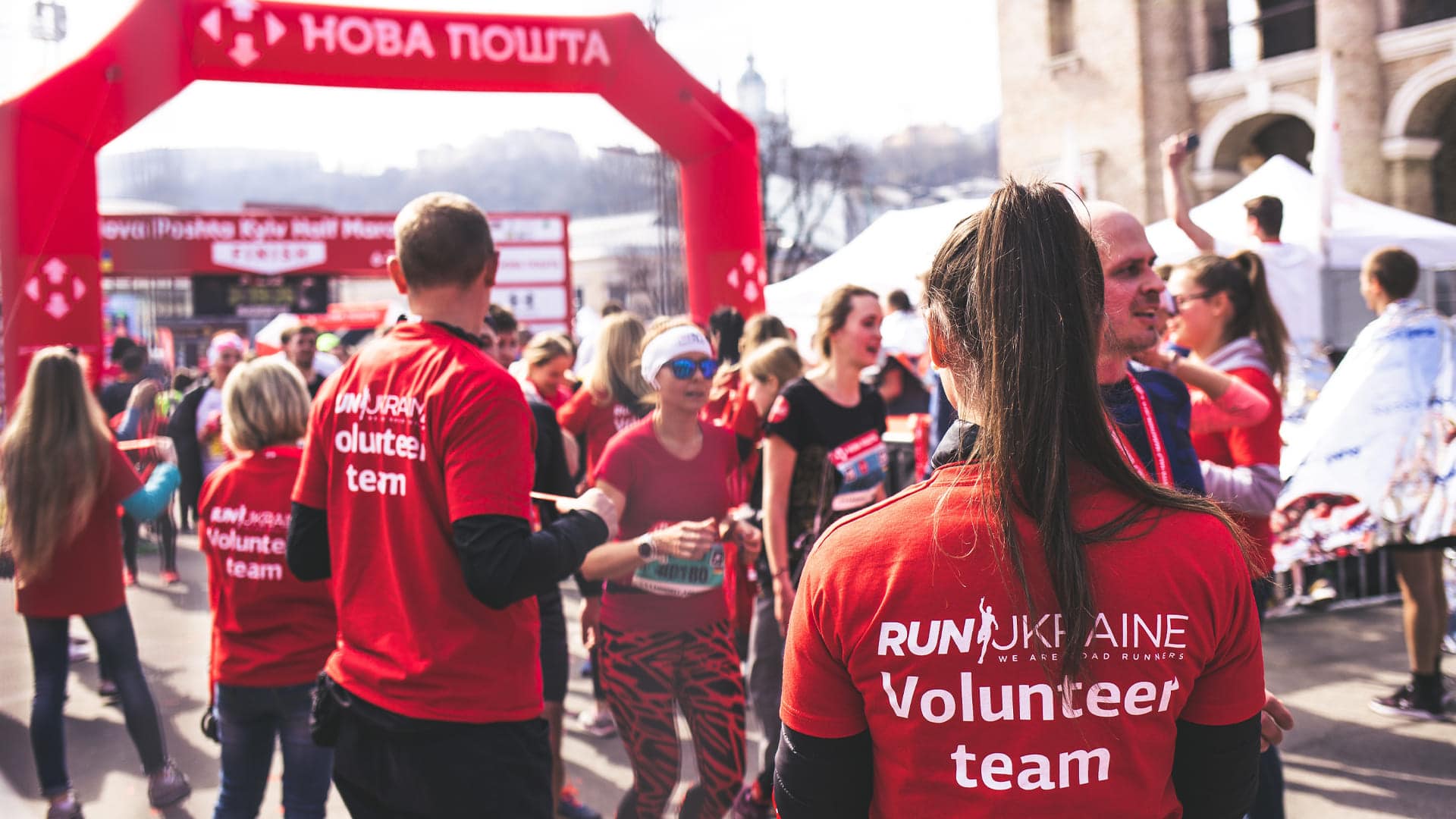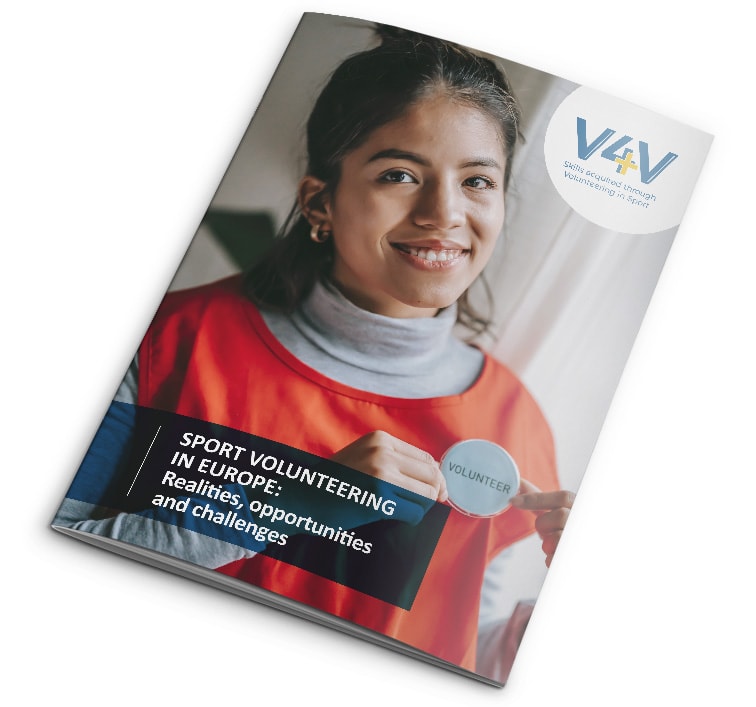EOSE is delighted to announce that the online version of research report, Sport Volunteering in Europe: Realities, Opportunities and Challenges, is now available online and can be downloaded from this link.
This ground-breaking report is the result of two years of research and analysis carried out by EOSE and our 12 partners in the Erasmus+ sport V4V project and is a ‘must read’ document for everyone in the sport sector since volunteers are so essential to the work of all our organisations, especially at grassroots level.
The 130-page report with 37 graphs is a unique, up-to-date snapshot of the state of sport volunteering. It brings together the findings of a first-ever survey of European and global sport organisations (2 723 responses from 115 countries), interviews with 57 sport volunteers and desk research covering Europe with a special focus on six European nations.
Some Key Takeaways from the Report
Here are some highlights from the research which we hope will stimulate you to dig deeper into the full report which also contains recommendations to address some of the challenges below.
> Volunteers are vital to sport, especially at grassroots level.
- Around 12 million EU citizens volunteer in sport every year contributing 97m hours, equivalent to over 608,000 full-time positions.
- Volunteers are in the majority in all positions in sport clubs – board/committee members, managers/admin, coaches, officials, events personnel, facility/equipment maintenance, and catering, bar and transport.
- Most clubs simply could not operate without volunteers.
> The sport volunteer workforce is not yet fully inclusive.
- Almost everyone said sport volunteering must become more inclusive.
- However, only 15% of sport clubs reported having volunteers with disabilities.
- There are significantly more male volunteers than female.
- Most volunteers are better-educated, employed and working in white collar occupations – there are far fewer economically inactive volunteers or workers in blue collar jobs.
- Most are in the age range 30 – 55 years-old; young and senior volunteers are less well represented.
> Volunteers add value to sport organisations and the wider society.
- They give energy and enthusiasm to sport organisations.
- They help to attract new participants to sport.
- They build links with the local community.
- They contribute health, social and economic value to their communities.
> Volunteers get a lot from their sport volunteering experience.
- Sport volunteering contributes to the volunteers’ personal development.
- The volunteer experience helps volunteers to develop new skills and competencies.
> What motivates people to become sport volunteers?
- Most of all, volunteers want to be involved in a sport they feel passionate about.
- They like to feel needed by others, and they enjoy working as part of a team.
- They want to meet people and make new friends through sport¬¬¬.
- They want to make a positive difference to the lives of others.
> What discourages people from becoming sport volunteers?
- Lack of time in a busy life schedule is the biggest barrier.
- Over one third identified lack of recognition for volunteering efforts.
- Many said potential volunteers lack the necessary financial resources.
> Recruiting sport volunteers is not easy.
- More than half of sport organisations say recruiting volunteers is difficult or very difficult.
- The hardest positions to fill are sport officials, board/committee members and coaches.
> Despite recruitment problems, most organisations only recruit from people they already know.
- Almost all clubs recruit volunteers from current or past members.
- More than one half rely on parents and family members.
- Only a third reach out the wider community, including schools and universities.
- Only 5% use volunteer agencies or platforms.
> Sport volunteers need better management, training and incentives.
- Nearly three quarters of sport organisations have no written guidelines for volunteer management.
- One half have no named person responsible for volunteers.
- Most sport organisations only ensure training for coaches and officials; most volunteers in other roles simply learn on the job.
- Less than one half of clubs reimburse volunteer expenses.
- Only one third of organisations provide awards, certificates or celebrations of volunteer achievement.
- Only 18% organise social events for their volunteers.

Many of the findings above represent real challenges for our sector. We must work harder to improve sport volunteer engagement for the sustainability of sport and its benefits to European society. Look deeper into the report and also check out the recommendations the V4V partners have made.
Contact
Mr Aurélien Favre – EOSE Executive Director – Click here

